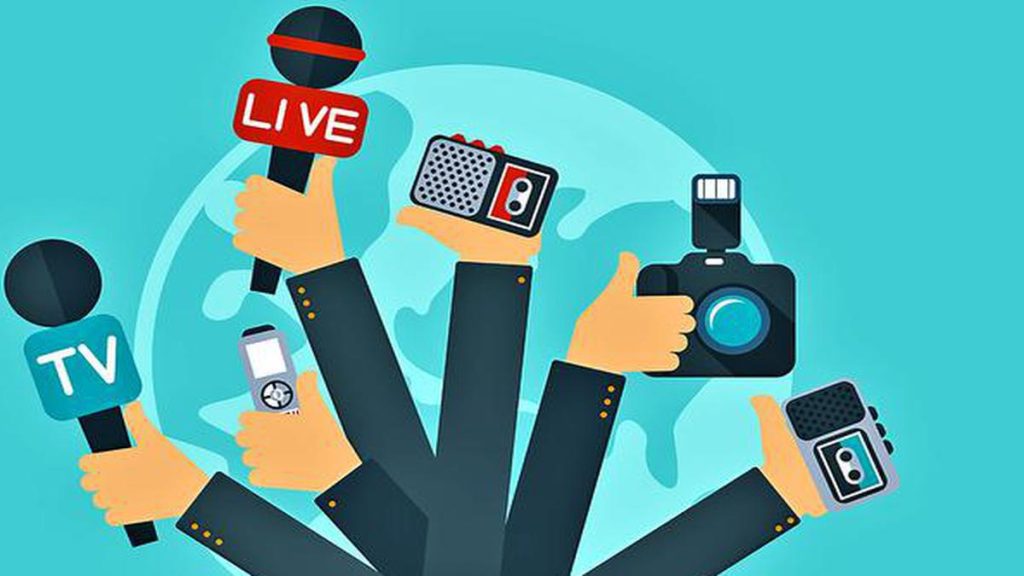Context:
The Internet Freedom Foundation (IFF) decried “secret” changes to the draft Broadcasting Services (Regulation) Bill.
Broadcasting Services (Regulation) Bill, 2023
- This bill expands regulatory requirements on online news and entertainment media.
- The bill aims to replace the Cable Television Networks (Regulation) Act, 1995.
- The draft Bill aims to regulate broadcasting services, including content classification and accessibility provisions, under the supervision of the Ministry of Information and Broadcasting.
Self-Classification of Programmes:
- Broadcasters are required to self-classify their programmes under specified categories, considering context, theme, tone, impact, and target audience.
- Classification must be based on content descriptors specified in the guidelines.
- The relevant classification must be prominently displayed at the beginning of the programme, as per Section 21 of the draft Bill.
Access Control Measures:
- Broadcasting network operators are to implement access control measures for programmes deemed appropriate for restricted viewing, as stated in sub-section (1) of Section 21.
Accessibility Guidelines:
- The draft Bill includes provisions for making broadcasting services accessible to persons with disabilities.
- The Ministry of Information and Broadcasting may issue guidelines for accessibility, which are currently proposed as voluntary.
- A disability grievance redressal officer will be designated by the Central government to address complaints related to accessibility guidelines.
- Penalties may be imposed on broadcasters or network operators for violations of accessibility guidelines, as per Section 34.
Broadcast Advisory Council:
- A government-influenced body to handle complaints against broadcasters.
Concerns related to the bill:
- Overreach of government control: The bill expands the government’s regulatory power over digital platforms, which were previously regulated under a different framework.
- Potential for censorship: The introduction of a Broadcast Advisory Council with government influence raises concerns about content control and censorship.
- Impact on creative freedom: Stricter regulations and guidelines could hinder creative expression and experimentation in the media industry.
- Differential treatment: The bill’s classification of different types of broadcasters (TV, OTT, digital news) could lead to discriminatory treatment and uneven playing fields.
- Lack of clarity: Some provisions of the bill are vague and open to interpretation, which could lead to arbitrary enforcement.
About Internet Freedom Foundation (IFF)
- It is an Indian digital rights organisation that defends online freedom privacy and innovation and advances liberty, equality, fraternity and social justice in the digital age.
- It was founded in 2016 by the Save the Internet movement for net neutrality.
The ‘Save The Internet’ campaign is a volunteer-led effort to uphold a fair and open Internet. It was started by a group of like-minded individuals across India in 2015.
Also Read:
Australia Imposes Mining Ban on World’s Largest Uranium Deposits

